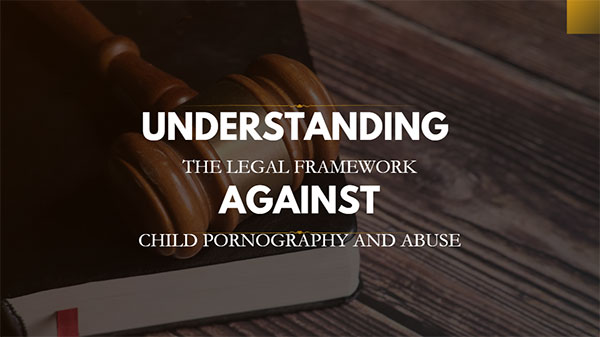Did you know that 3.6 million cases of child abuse are reported every year in the U.S.? Every day, around 5 children lose their lives due to the tragic reality of child abuse. Approximately 90% of those who suffer from sexual abuse are familiar with their abuser, and 68% endure this pain at the hands of a family member.
The impact of child pornography and abuse is profound, affecting both the victims and our society as a whole. Laws are in place to safeguard children from exploitation and harm, prioritizing their safety and well-being. Laws concerning child pornography prohibit the creation, distribution, possession, or viewing of explicit material that involves minors. [Read more…]









